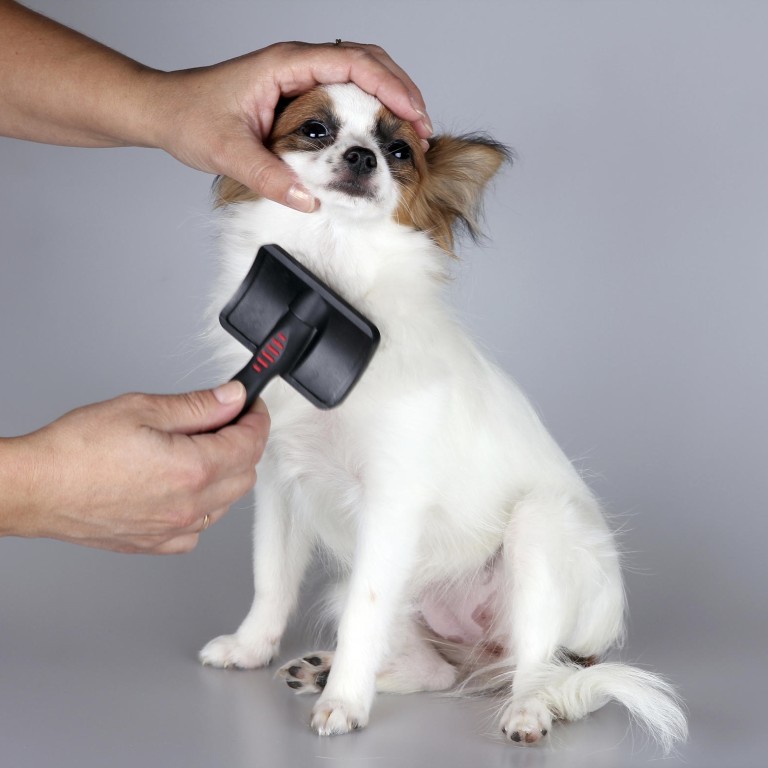
Puppy love: what all new dog owners should know
Felix Paige
Sometimes becoming the owner of a puppy can be unexpected. Some people may receive one today as a Valentine's Day gift, for example. In these cases, it is important that a new owner knows what to do.

One of the most important first steps in owning a puppy, says White, is a visit to the vet to discuss how to keep the pet healthy and happy. "There are a number of life-threatening diseases in Hong Kong, but the good news is that with a little care, the risks are small."
Vaccinations are required for all puppies. Generally, they receive a combination vaccination at two, three and four months of age. "This covers some of the most serious diseases such as distemper, parvovirus, parainfluenza and infectious hepatitis, and is vital for dogs living in Hong Kong." Deworming at each vaccination is also common. By law, all dogs in Hong Kong must receive a rabies vaccination at about five months old, along with a microchip and a dog licence. "Other vaccinations and yearly injections, such as kennel cough [bordetella], leptospirosis and heartworm, are also often given at this time, but your vet will discuss which are necessary for your dog."
Flea and tick prevention is also important. "Fleas can be annoying and cause skin problems, and ticks can transmit a life-threatening disease. There are a number of ways to prevent fleas and ticks, including skin medication, collars and tablets," says White.
Desexing or neutering is also something to consider when the pup is about six months old. "Desexing is performed for both social and medical reasons, and if you are not planning on breeding your dog, desexing is highly recommended," White says.
Dogs should have a basket, bed or cage to which they can retire at night but they should not be kept locked in a cage or tied up constantly. The bed should be cleaned regularly, with the blankets washed weekly. The bed should be kept in a warm, comfortable and private place that is close to the main living area in the house.
The best method of training is with positive rewards - the dog is rewarded for the correct behaviour with food or praise. White says: "Negative reward training, such as telling a dog off or smacking, has long been considered outdated and cruel, and generally results in a poorly trained dog that is scared of its owner."
Toilet training is the most important thing for a puppy. Owners need to decide where they want the puppy to do its business - common choices include on paper or a "puppy pad" in the bathroom, on the balcony or outside during walks.
"During the day, carefully watch the puppy, and when it starts to sniff or look like it is getting ready to go to the toilet, gently and calmly put it in the chosen toileting area," White says.
If the puppy does go in the wrong place, do not scold or hit it. Instead, act as if nothing has happened, put the puppy in another room, and clean up and spray the area with an odour-neutralising solution.
Puppies can get extremely dirty and need to be bathed and brushed regularly. Owners should use a mild shampoo, but no more than once a week, White says. "If your puppy gets dirty in between baths, wash with water only."
The frequency of brushing required depends on whether the puppy is long- or short-haired, and how much they shed. It is normally not necessary to trim a puppy's nails if it walks around outside.
White adds that it is not normal for pets to smell unpleasantly "doggy", as it may be a sign of a skin condition, so owners should seek advice from a vet if this is the case.
